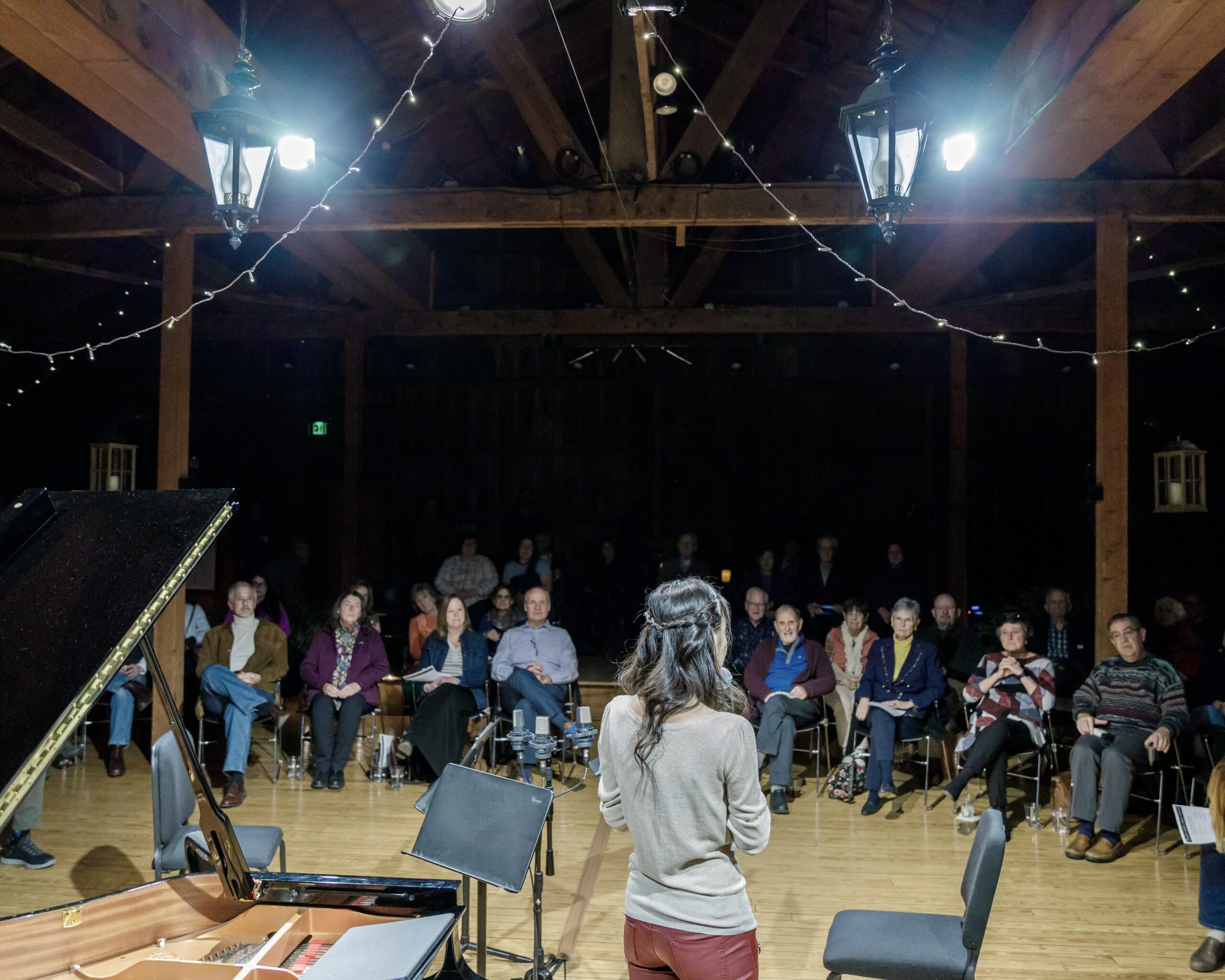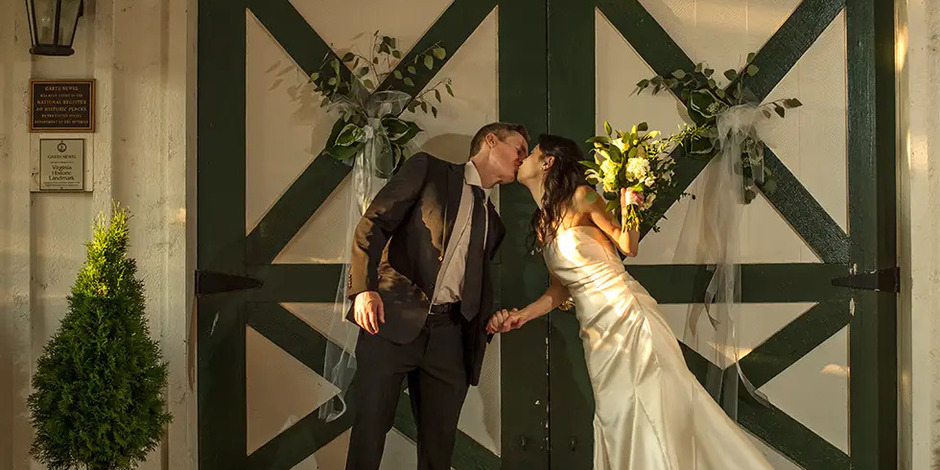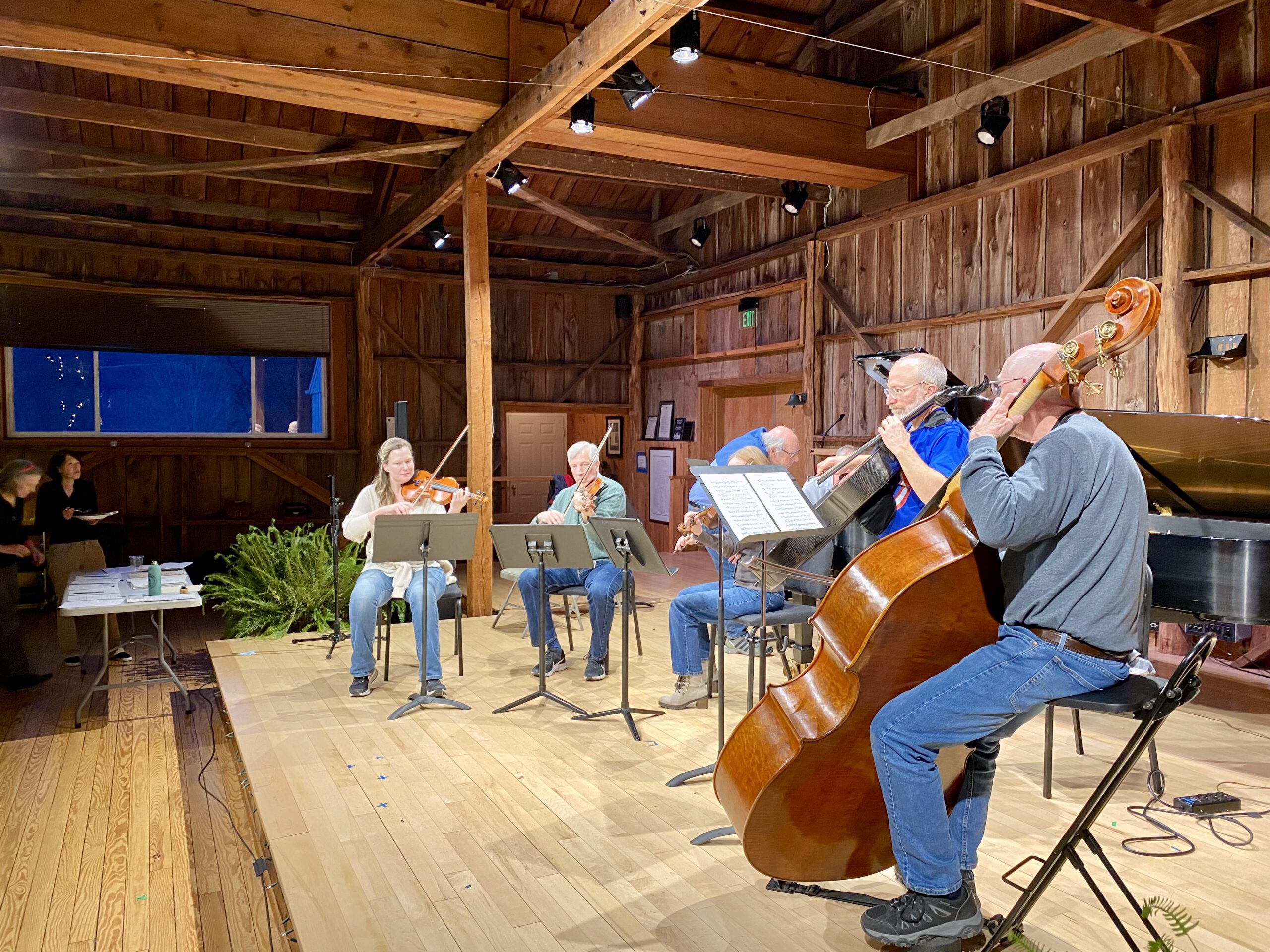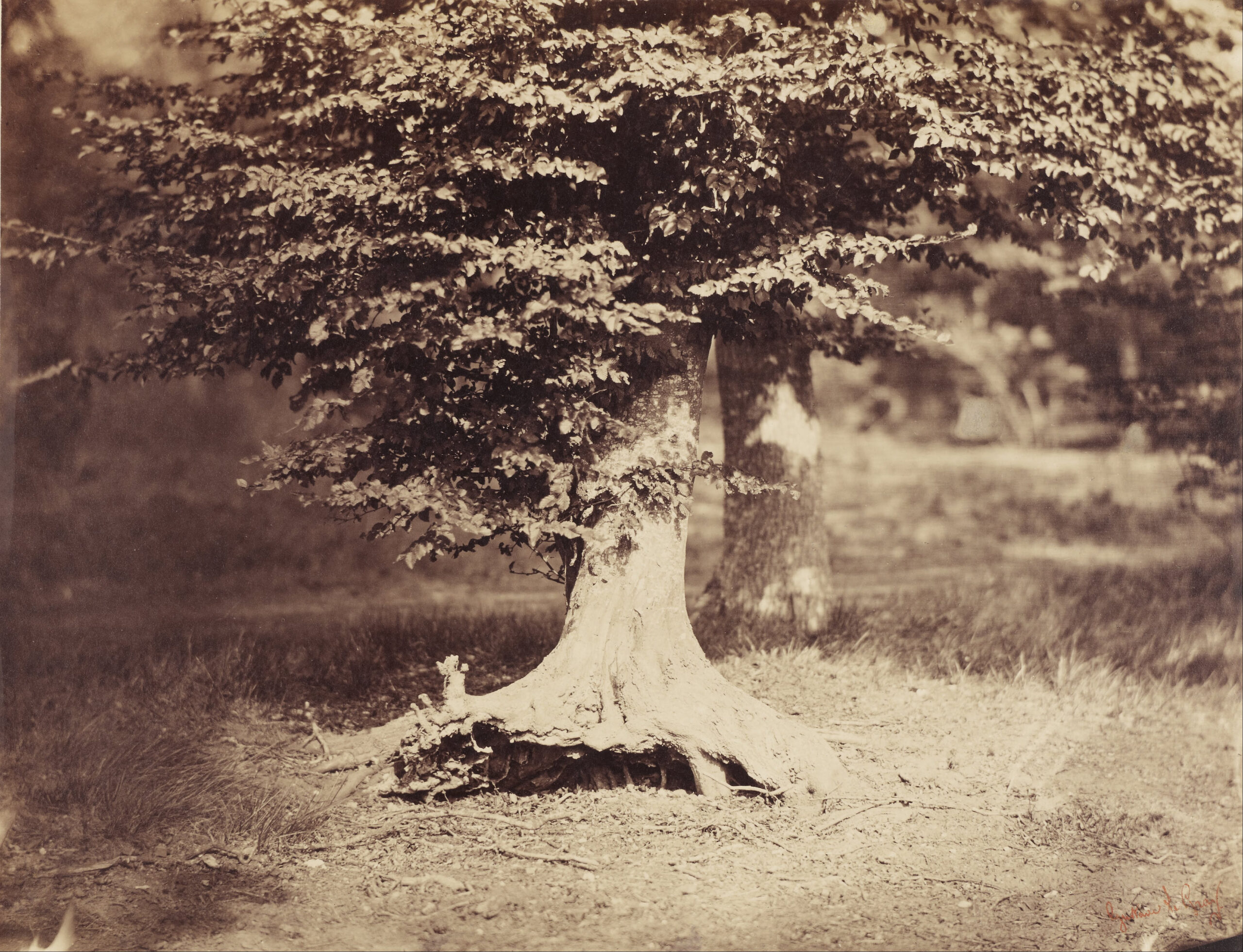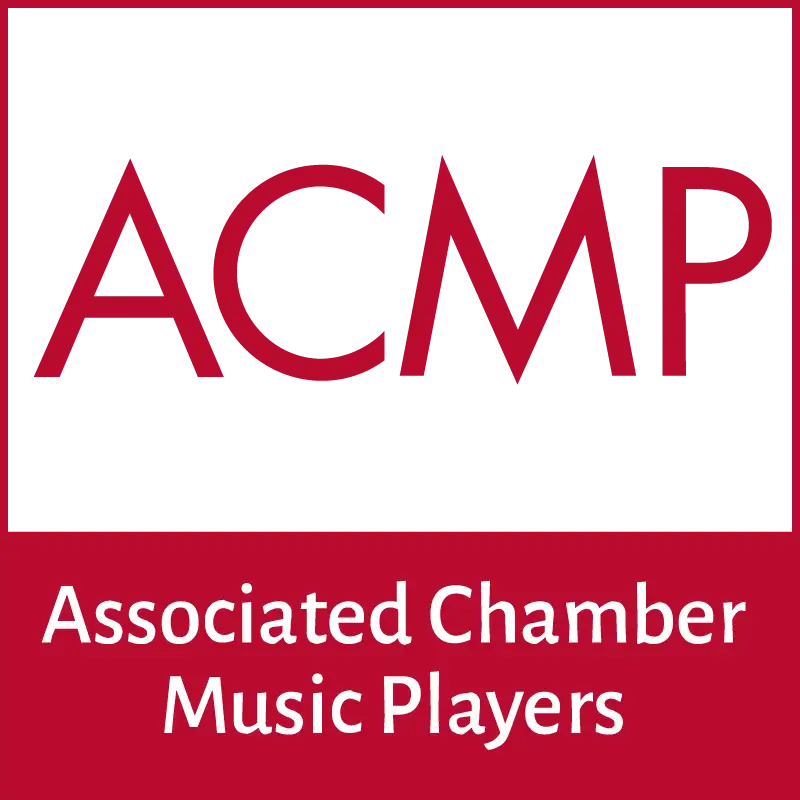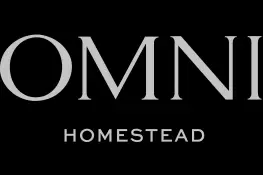Be honest with me. What’s your first thought when you hear the words “new music?
Let’s go through some possible answers.
- Oh boy. Who knows what this piece of music could be. I probably won’t get it.
- Oh boy! I can’t wait to hear something fresh that I’ve never heard before!
- Is this going to be good? I don’t know! Do I want to buy a ticket to this? What if I hate it?
- This could be amazing! I’m so excited. OMG – I get to meet the composer too? No way!
Ok, so answers 2 and 4 are pipedreams of mine. Maybe some of you really feel that way. For that, I love you.
But for those of you whose answers are more along the lines of 1 and 3, let’s talk!
I get it. Contemporary classical music has had to fight an uphill battle against perceived inaccesibility, And we as a society are risk adverse.
To those points, I’ll say this:
- For every piece of “new” music, we make sure to give you plenty of information. Maybe even too much information. Education about the music is Garth Newel’s ethos after all. If you pay attention to our blog, you’ll find articles that illustrate pathways into an unfamiliar work of music, with suggested methods of listening that might increase your enjoyment.
- Or, if you don’t like to study up before a concert (which I know many of you smarty-pants people do), just simply show up, and we (Garth Newel Piano Quartet) will give you a (hopefully) entertaining introduction to the music.
- We took out the risk. Our new music series, the Pub Concerts, are Pay-As-You-Wish. And whenever we program music that might be unfamiliar to you, we always pair it with something that you for sure have already heard of.
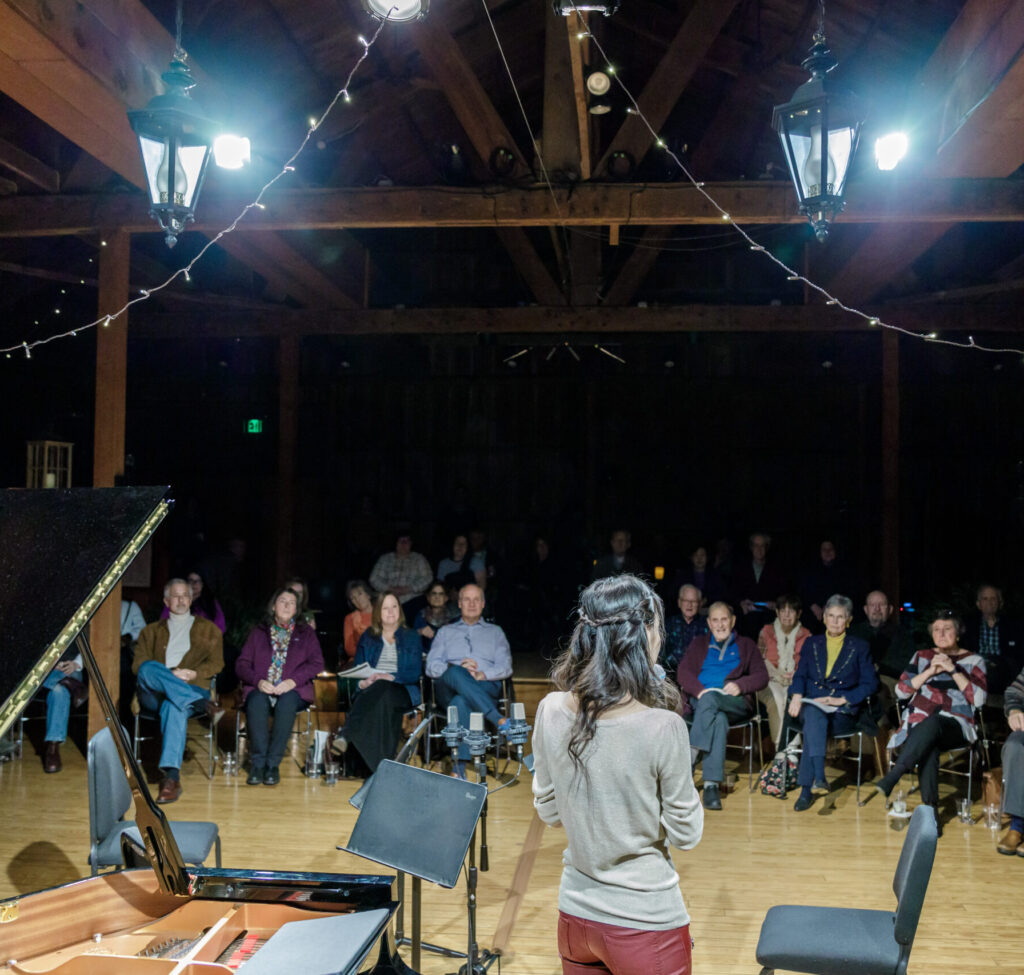
As you can see from this preamble, new classical music has its challenges. As well as any musician and organization in this field. Because no art form can stay alive if no new content is created. We don’t have a dearth of new content in classical music, but we have a lack of willingness on the audience’s part to risk the uncertainty of discovery.

And so, it is our duty as the resident musicians and artistic directors to constantly scale this reluctance. Because while working on new music is not always an easy task, it is the most rewarding. We believe that its vital to promote the music of living composers as well as to promote the genre of piano quartet in contemporary music. Because we want the piano quartet to be a vibrant, robust, and relevant ensemble for musical expression moving forward.
With our Composition Competition, we get treated to a robust diversity of creativity. We judge these submissions completely blind, asking the composers to submit under a pseudonym, and its only after the winner is selected that we find out any information.
And here’s the delightful thing about new music. There isn’t a particular over-arching style. If you think that you don’t like new music? Good news! It’s just one instance that you didn’t like. It’d be like saying that you don’t like all restaurants because one time you went to Alfonsos and the chicken was dry.
You can’t dislike “new music” because there are so many different styles of pieces that one could be vastly different from the other. We find this out everytime we review the submissions. One piano quartet could be lush and romantic, one could be tranquilly minimalistic, one could be pop music inspired, one could be neo baroque and pleasingly structured, one could be full of impressionistic colors, one could be groovy and rhythmically energizing. Being a part of a current artistic movement means that creativity is always surprising. It’s only in retrospective that we attribute over-arching stylistic periods to simplify our history.
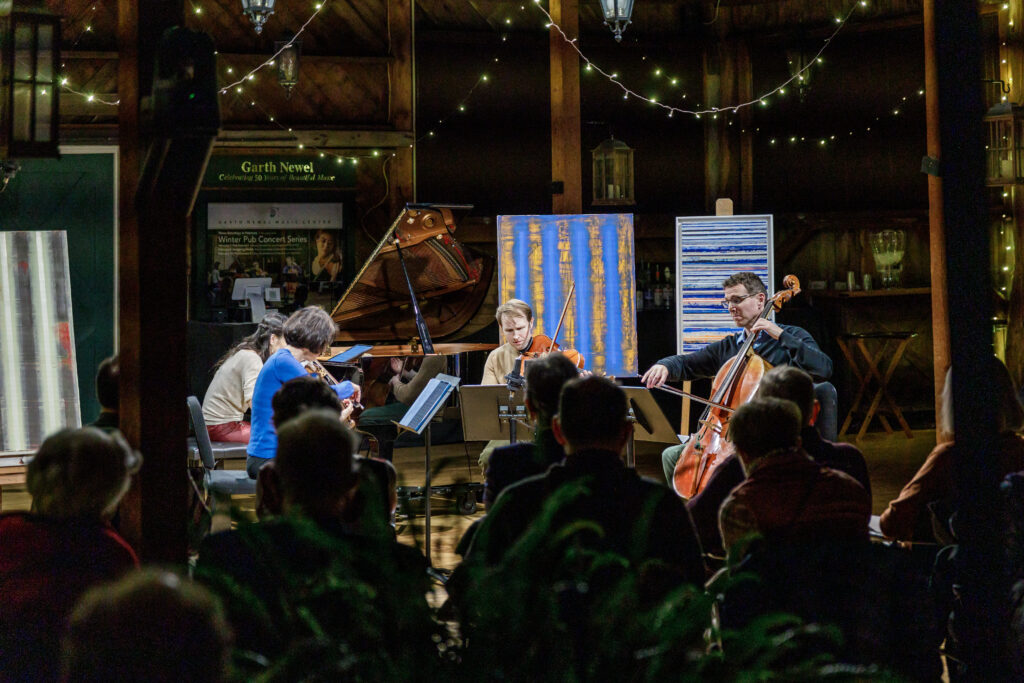
In fact, that’s one of the most common questions I get from interested composers.
“What style of composition are you looking for?”
The reply is always the same – any style. A good piece is a good piece. If the music speaks to us and moves us, we get excited. That’s it. We don’t put any restrictions for submissions except that it be a newly written work for piano, violin, viola, and cello. It can be of any duration and any form. And we definitely don’t put any restrictions on who can send in a piece. That’s why we judge blind.
Because music should be judged only on the basis of its own communicative power, as much as it can. And trust me, discovering a new work of art that moves you really can be one of life’s greatest joys.
So, next time you have a question about if you’ll “like” a work of music that you’ve never heard of, give it a try. You never know. If the GNPQ has all fallen in love with the piece, chances are you will too.
We are currently accepting submissions for our 12th International Composition Competition. If you have a new piano quartet that you’d be interested in sending us, or know a composer that might be intrigued, more information on how to apply can be found HERE.

